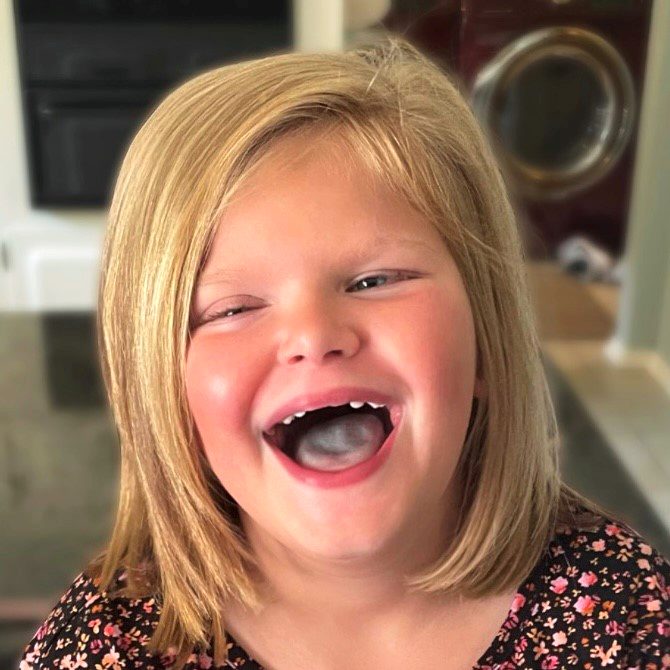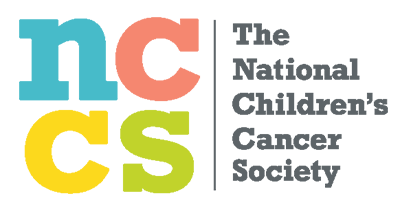Parents are the best advocates for their child’s education since they know the unique challenges, strengths, interests, and needs of their child.
Advocating entails:
- Raising concerns
- Asking for help
- Asking questions
When a child returns to school during or after cancer treatment, their parent has the right to ensure an accommodation plan is started, maintained, and changed when needed.
It can sometimes be uncomfortable to advocate with educators, but it may be necessary to ensure your child has the support they need to thrive in school. Remember that teachers want children to do well in school, and it’s not disrespectful to share your concerns with them. It’s also important to encourage your child to speak up and advocate for themselves – and when they are old enough, they should be involved in the process as well.
Here are tips to be an effective advocate for your child at school:
- Become informed on your child’s specific challenges and needs
- Write down and organize your thoughts
- Start by speaking to a school staff member you feel comfortable with and trust
- Build relationships and ask questions
- Explore what extra help the school is willing to offer your child
- Stay calm and remember you are a part of the team
- Know your rights and learn the lingo
- Put requests in writing and keep all paperwork
- Communicate regularly and ask for updates
If you feel like your child is falling behind or struggling in school, you have the right to ask for a free school evaluation. This can provide a sense of your child’s needs, and the results can help determine what kind of support they qualify for. Be sure to make your request in writing – being specific about why you are making the request – and provide your consent for evaluation in the letter.
There is legislation to protect childhood cancer survivors, allowing them to qualify for educational accommodations and interventions. The Individuals with Disabilities Education Act (IDEA) is legislation that makes available free appropriate public education for children with disabilities. Federal law provides support and services through Individualized Education Programs (IEP) and 504 Plans. The goal of both is to help students with challenges learn better. Learn more about your legal rights HERE.
Meet Julia
Julia is an 8-year-old girl who has been treated for retinoblastoma for the past seven years. Her mom Jessica was full of gratitude when Julia could attend school. Jessica said, “When you are dealing with cancer it’s life or death, so when Julia started attending school I felt blessed. When I started noticing school problems, I lacked the confidence to speak up at first because I was coming from a place of happiness. I was unprepared to deal with school issues because Julia wasn’t born with them. The cancer caused them.”

Jessica shares advice with other parents who are advocating for their child’s education. “Try to approach the school from a positive angle. Reach out to find communities that have established care plans for schools. Find a professional advocate to help create an effective IEP for your child. Focus on what you can change and leave behind the baggage,” she said.
“I’ve grown to understand that teachers don’t live the cancer life we live, so they don’t understand. It’s not on purpose, so be gentle with yourself and others. The school staff do not grasp the gravity of the childhood cancer world, so don’t assume the negative about them.”
The National Children’s Cancer Society provides helpful information about your child’s educational needs during cancer. Learn more HERE.

